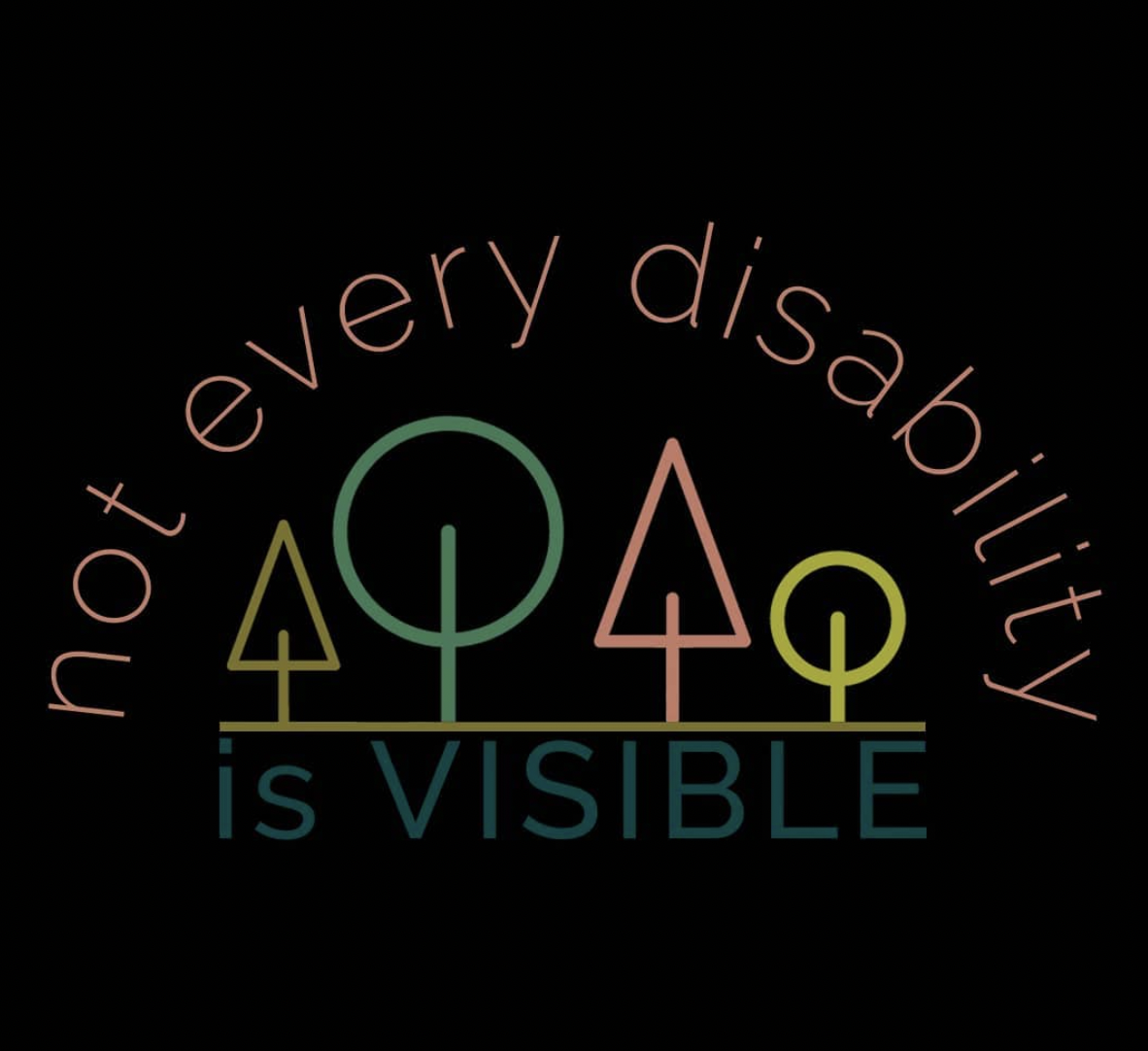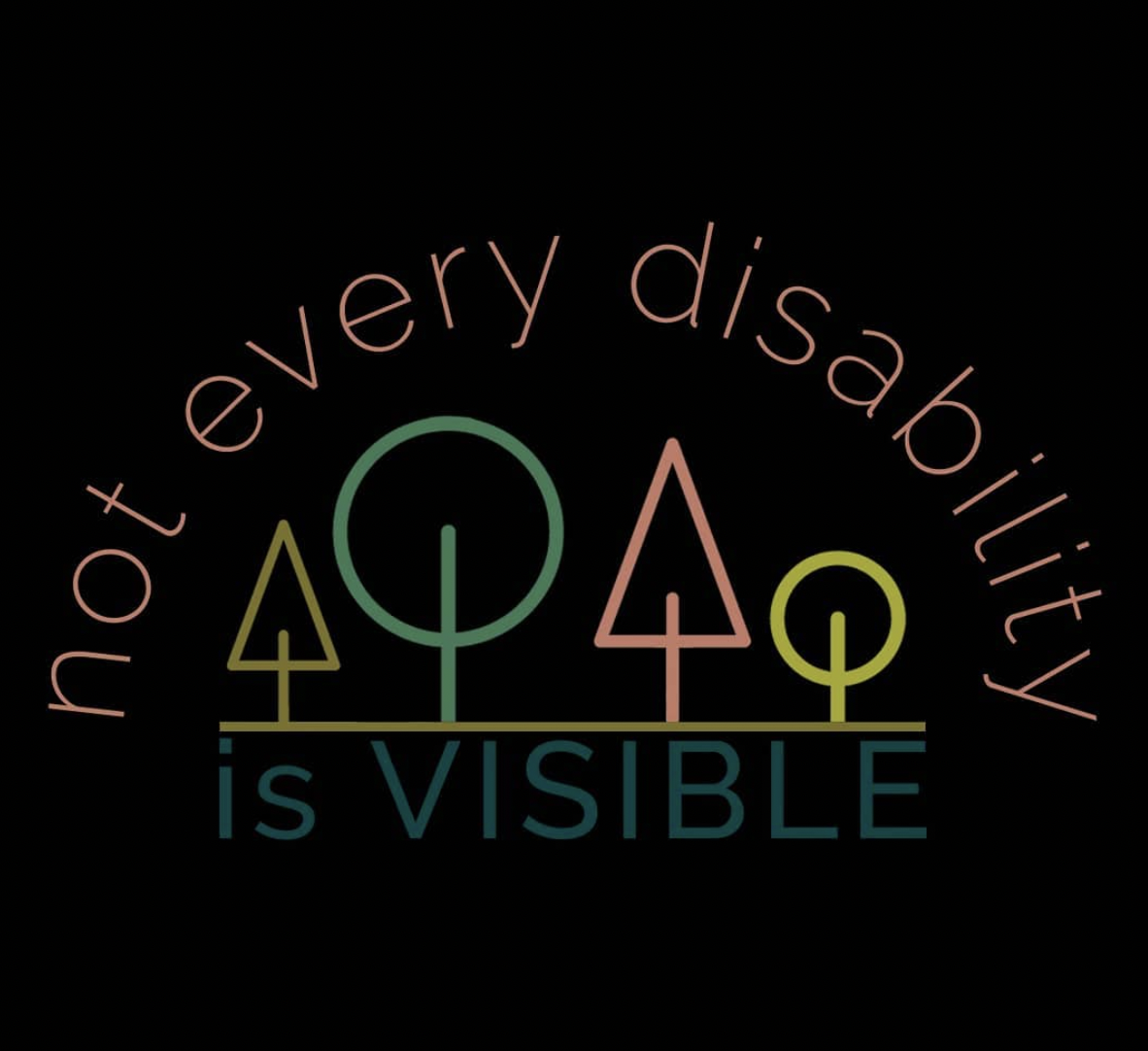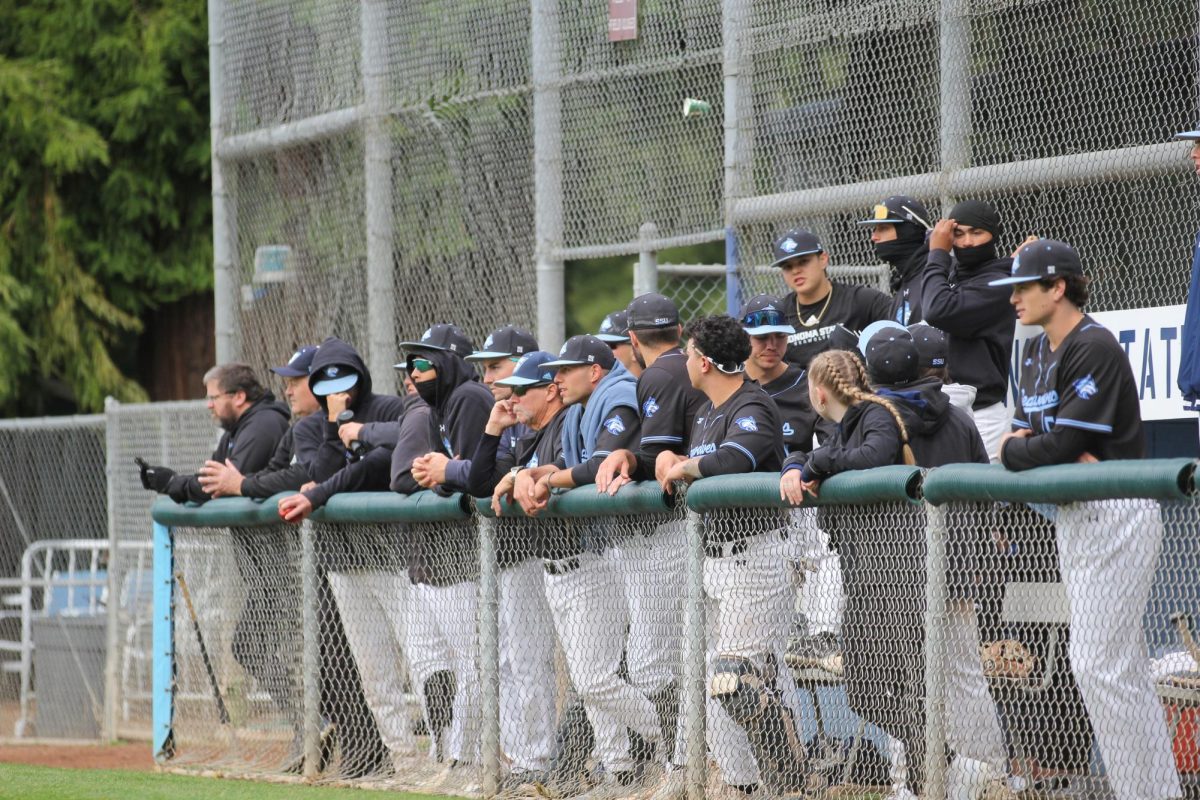April is being recognized as Disability Awareness Month by Sonoma State University’s Disability Services for Students (DSS). To celebrate neurodiversity and students with disabilities at Sonoma State, DSS is hosting a number of events that started April 5 and will continue through April 28. The events are all virtual and cover a variety of topics.
In a couple of events that have already happened, DSS explored neurodiversity, talked about disability in the workplace and gave online study tips. Disability Awareness activities will continue through April with a lesson on creating accessible flyers and several panels of students with disabilities speaking about their experiences.
DSS works to provide students with equal access to university services and programs. The DSS website is chock full of resources for students with disabilities and faculty looking to learn how to make their classes and materials more accessible. On the DSS website students can find information on assistive technology like closed caption TVs and text-to-speech software as well as forms and requests for a multitude of services. Students registered with DSS can request dietary, housing and furniture accommodations and get information about interpreting services for deaf and hard of hearing students. Note taking, priority registration and test taking accommodation information can be found there as well.
In order to register with DSS, a student must have an official diagnosis of a disability. These official diagnoses require more formal assessments and can be quite expensive. There are no services on campus that offer these formal assessments, but Laura Williams, PsyD of the Counseling and Psychological Services director said, “While we do not see students for the sole purpose of providing a diagnosis, we are able to provide a diagnosis to DSS if we’ve been working with a student in therapy for a sufficient amount of time to assess.” If a student needs an official assessment, DSS can refer the student to outside doctors. DSS Director Brent Boyer said that the program is looking for possible resources that may be able to help fund psychoeducational assessments for students that do not have insurance or cannot afford an assessment.
In order to truly help students with disabilities at Sonoma State, DSS includes student representatives on several advisory committees such as the DSS Advisory Committee, the Accessible Technology Initiative and the Academic Technology and Instructional Spaces Subcommittee.
Michelle Jones, an English major at SSU is a student involved with DSS. Later this month on April 26, Jones will be a panelist in Understanding Our Experience: A Fireside Chat With Students With Disabilities. When asked about her experience with DSS, Jones said, “DSS is excellent about approving necessary accommodations… I also find their responsiveness to email to be very prompt and their genuine desire to find what will work best for the individual student to be very reassuring.” Jones mentioned one thing that she hopes DSS can work on is adapting books into PDFs or other document types more quickly. She said that it can be quite stressful to be unsure of when she will receive her learning materials.
Jones graciously offered some advice to SSU students unsure of how to better understand or even help fellow students with disabilities. While Jones generally prefers person-first language (e.g. student with a disability instead of disabled student), she said that if her disability is relevant to the conversation she has no issue with identity-first language. DSS also gives the advice of defaulting to person-first language and asking an individual what their preferences are. To students who are unsure of how to approach students with disabilities, Jones said, “I think a general rule of thumb to follow is to approach the conversation after you’ve already established some decent level of relationship and to inquire from a place of compassion rather than abject curiosity…”
In celebration of Disability Awareness Month and striving for inclusivity all times of year, students and faculty really just need to listen to students with disabilities. As Jones said, “I am not going to crumple into tears or suddenly explode at you for being honestly empathetic.” If you aren’t sure of something, it may be best to just ask. To find more information about DSS and Disability Awareness Month activities, students can visit the website or the Seawolf Living webpage.





![[Both photos courtesy of sonoma.edu]
Ming-Ting Mike Lee stepped in as the new SSU president following Sakakis resignation in July 2022](https://sonomastatestar.com/wp-content/uploads/2024/04/CC4520AB-22A7-41B2-9F6F-2A2D5F76A28C-1200x1200.jpeg)



























